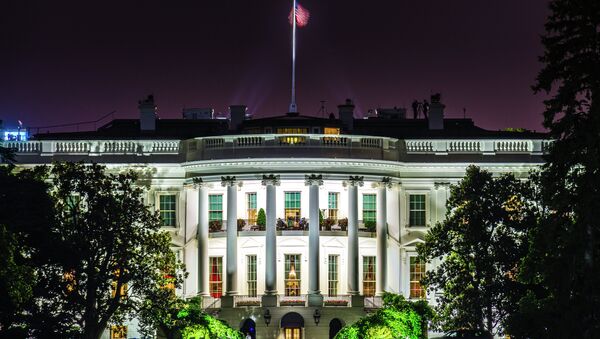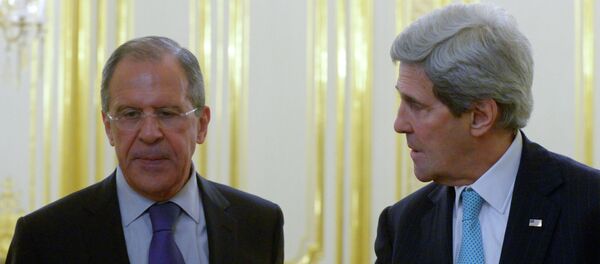Anti-Russian sanctions and NATO's military buildup "merely invite Russian toughness and intransigence. That's the story of the last two years," he pointed out in an article titled America's Losing Russia Strategy.
US hardliners are far from embracing this reality, according to Gelb, but they also fail to admit that "Russia has military superiority on its borders with the Baltic States and Ukraine. Nothing the US or its European partners can do (or are likely to try) will change this fact. This means that whatever military move NATO makes in this region, small or large, Putin can trump it."
Nevertheless, US hawks do not want to escalate tensions to the point when sparks could turn into a full blown war, meaning there is room for a realistic diplomacy.
The former senior Defense and State Department official urged US leadership to adopt a new diplomatic strategy he calls Détente Plus. The approach is aimed at exploring whether Russia is ready to cooperate with the United States on tackling challenges in Europe and around the world based on shared interests.
Détente Plus also takes into account that "Russia does have legitimate interests that should not be ignored … and remains a great power in many parts of the world, if no longer a superpower," Gelb noted.
However, Détente Plus does not end there. It also focuses on "working with Moscow on future joint economic trade and investment while ceasing European efforts to rip Ukraine's economy away from Russia into Europe; and stepping up efforts to work with Moscow in Syria and Iraq, on non-proliferation (including the Iran negotiations) and on anti-terrorism," Gelb explained.
Russian leadership has worked hard to help secure lasting peace in war-torn Ukraine within the framework of the Minsk II agreements, endorsed by Kiev, Berlin and France. The deal, inked in February, is generally seen as the only way to resolve the yearlong conflict.
Moreover, NATO's increased military presence in Eastern Europe and the Baltics forced Moscow to increase its defense capabilities.




